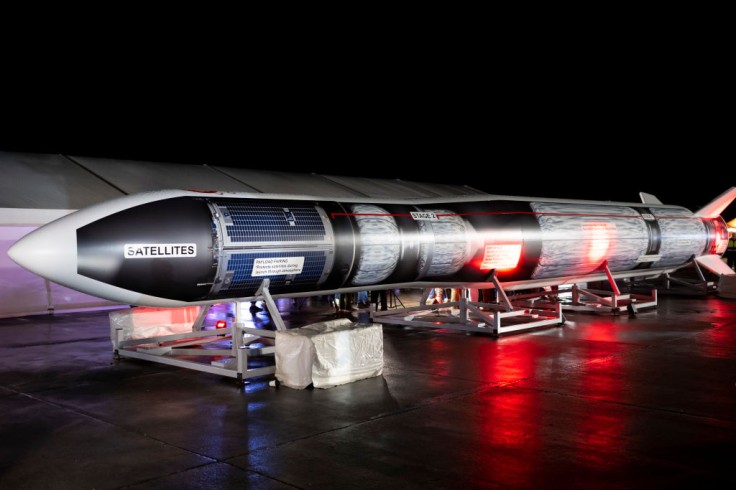Virgin Orbit now knows why its first UK launch failed.
The company's investigation concluded that a dislodged fuel filter caused its LauncherOne rocket to experience an anomaly, preventing it from reaching space and completing its mission.
Virgin Orbit previously suspected a filter as the reason behind the failed launch on Jan. 2023 but did not specify what kind of filter it is until now.

Virgin Orbit LauncherOne Rocket Investigation Conclusion
Virgin Orbit mentioned in its statement that the investigation team found a fuel filter within the LauncherOne rocket's fuel feedline had been dislodged from its normal position and that the fuel pump downstream of the filter operated at a degraded efficiency level during, starving its LauncherOne's Newton 4 engine of fuel.
The dislodged fuel filter and the degraded efficiency level of the fuel pump caused the Newton 4 engine to operate at a significantly higher temperature than it was rated for. As such, its components downstream and the vicinity of the then-abnormally hot engine eventually malfunctioned, causing the second stage thrust to terminate prematurely.
This early thrust spelled the mission's doom and caused the rocket's second stage and its payloads to fall back to Earth and land in the approved safety corridor in the Atlantic Ocean.
Unfortunately, the rocket and its payload of nine satellites didn't survive the launch, though both posed no danger to people.
Despite this failure, the investigation team, which consists of Virgin Orbit, the US Federal Aviation Administration, and the UK Air Accidents Investigation Branch found that the Virgin Orbit team successfully executed pre-flight preparations, carrier aircraft takeoff, captive carry flight, and rocket release.
They also deemed that the rocket's ignition, first-stage flight, stage separation, second-stage ignition, and fairing deployment of the rocket were nominal.
These findings seem to mean Virgin Orbit didn't do anything wrong in preparing its LauncherOne rocket and Cosmic Girl carrier plane for the mission.
The UK Air Accidents Investigation Branch acts as the Space Accident Investigation Authority for the United Kingdom. The Department of Defense, the National Transportation Safety Board, the National Reconnaissance Office, and the UK's Civil Aviation Authority also participated in the investigation process.
What Will Virgin Orbit Do Now?
Although the investigation is yet to close, Virgin Orbit will take action to prevent a similar anomaly in future missions, especially in its latest one, which will launch from the Mojave Air and Space Port in California in partnership with Poland-based satellite manufacturer SatRev to launch more of the latter company's satellites in 2023 and beyond.
According to Space.com, the company would do some modifications to its next rocket with a "more robust filter" and is looking broadly to ensure that all credible contributors to mission failure are rooted out and addressed, Virgin Orbit CEO Dan Hart said.
"With those modifications being incorporated on our factory floor, we will proceed cautiously toward the launch of our next rocket, which is well into the integration and test process," Hart added.
Related Article : Virgin Orbit Launcher One Investigation Narrows Down Cause of Failure









